The National Bureau of Statistics (NBS) has revealed that Nigeria’s inflation was 21.47 per cent in November, surpassing the 21.09 per cent reported in October 2022.
According to the NBS Consumer Price Index CPI) report, this is 6.07 per cent points higher compared to the rate recorded in November 2021, which was 15.40 per cent.
Join our WhatsApp Channel“The percentage change in the average CPI for the twelve months period ending November 2022 over the average of the CPI for the previous twelve months period was 18.37%, showing a 1.39% increase compared to 16.98% recorded in November 2021,” NBS said.
Reasons for inflation in November?
The bureau said demands during the festive period contributed to the sharp increase in monthly inflation, however, reason for the spike in yearly rate is due to the increase in the cost of importation on the back of persistent currency depreciation.
Also, the NBS cited the general increase in the cost of production e.g increase in energy cost driving the rate up.
Prime Business Africa gathered that increase in inflation was higher in Urban areas, where NBS reported 22.09 per cent for last month, with inflation up by 6.17 per cent in contrast to 15.92 per cent in November 2021.
In Rural areas, the inflation rate in November 2022 was put at 20.88 per cent, rising by 5.99 per cent when compared to the 14.89 per cent recorded in November 2021.
Nigerians spending more on food
Also, last month, Nigerians spent more on food, as the country’s inflation closed November with 24.13 per cent, above the October figure of 23.72 per cent.
It was disclosed that the rise in food inflation was caused by increases in prices of Bread and cereals, Oil and fat, Potatoes, Yam and other tubers, Food products n.e.c, Fish, based on a twelve months rate growth.
On a month-on-month basis, the food inflation rate was driven by increase in prices of some food items like Oil and fat, Fruits, Fish, and Tubers.
Also, contributing to inflation growth are Gas, Liquid fuel, Passenger transport by Air, Vehicles spare parts, and Solid fuel.
Kwara, Kogi and Ebonyi recorded the highest rise in inflation in November, while Kaduna, Sokoto and Jigawa residents experienced the lowest.

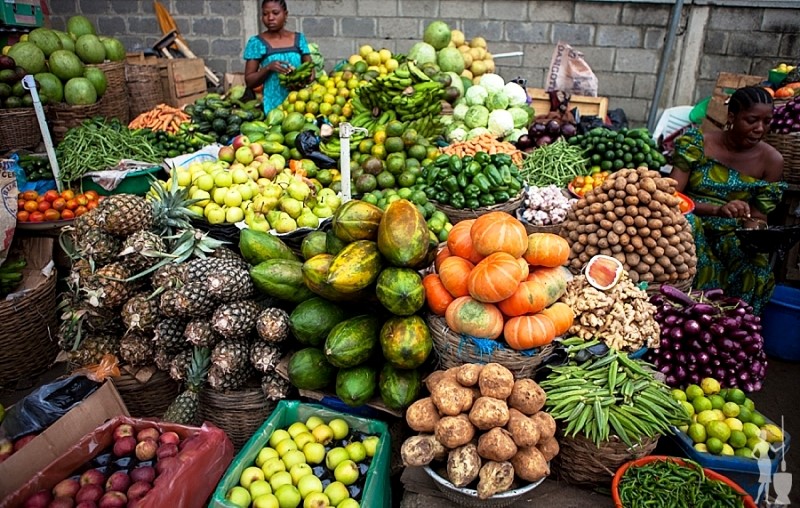
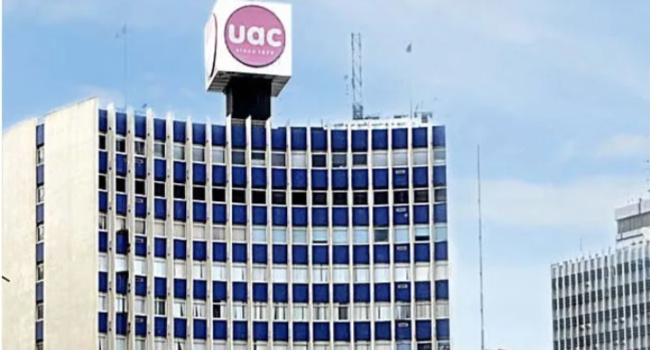

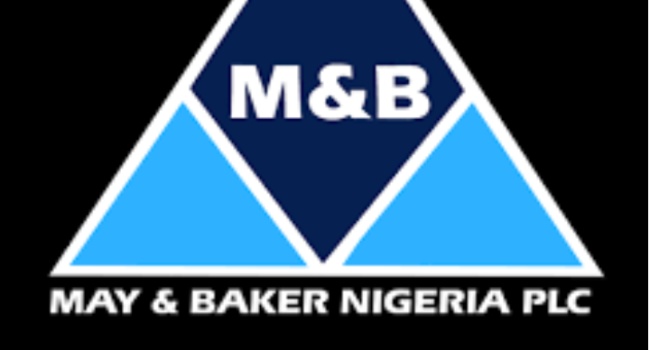









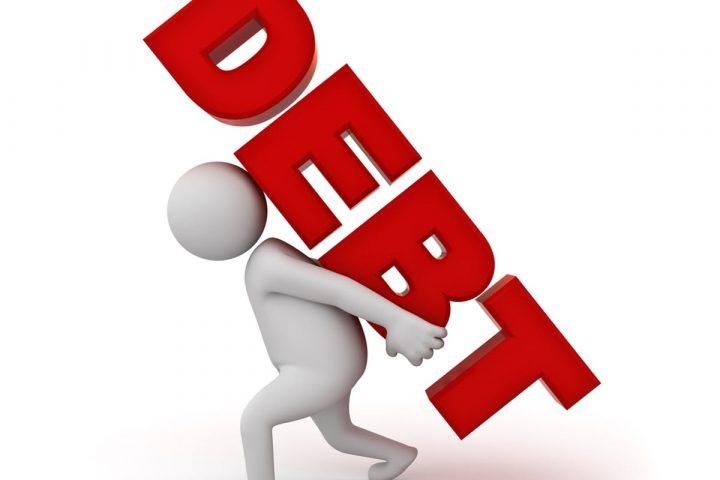

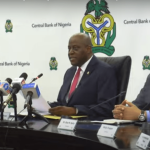
Follow Us